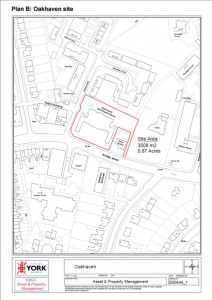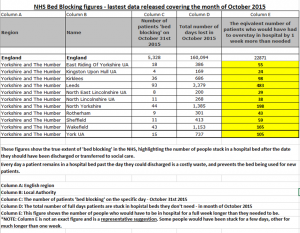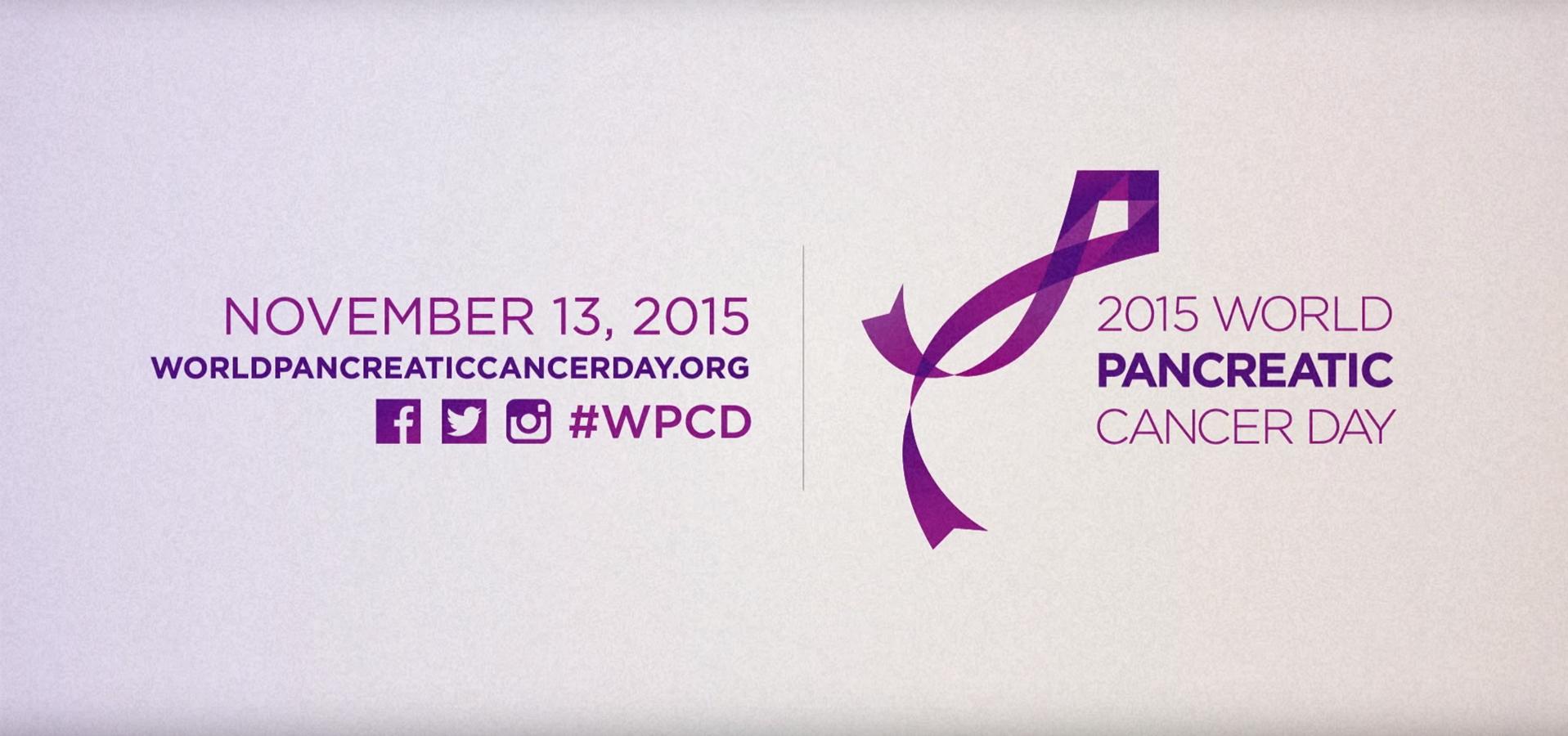Will be replaced with an “extra care” facility.

Oakhaven site plan – click to enlarge
Following a public consultation exercise, the Council is being recommended to go ahead with the conversion of the Oakhaven care home site on York Road into an “extra care” facility.
The City is gearing up to meet an expected 50% increase in the number of residents who will be aged over 75 by 2030.
This forms part of the Council’s plan to provide, by the end of 2018, 525 new units of accommodation of which 343 will serve those with high care needs including dementia. “225 out of date care beds will be replaced”.
Another home – Grove House on Penleys Grove Street – will also be closed. That site will be sold in order to finance the improvements at other facilities for the elderly.
A report, being considered on Thursday, acknowledges that most “extra care” facilities are located on the east of the Ouse. However it fails to recognise the demand for more accommodation for elderly people on the Lowfields school site.
Instead in a separate report the Council is being asked to develop such facilities at the Burnholme school site.

Report fails to recognise the need for more accommodation for elderly people on the Lowfields school site, which has been left empty and derelict by the Council for over 3 years.
On Lowfields the report says, “The use of the Lowfields site for specialist accommodation with care for older people has been the subject of previous procurement which concluded that such development was unaffordable. However, we continue to examine the use of this site to meet housing, health and care objectives”.
Which means officials have made no progress on marketing the site?
The Oakhaven replacement will provide only 50 of the 525 beds needed to satisfy demand in the City
The papers reveal that the Council will not run the replacement facility at Oakhaven.
Instead it will seek a “partner” to fund, build and operate the extra care scheme. The Council is also relying on another private sector home being constructed at the Terry’s factory site (which received planning permission last week).
It will also sell off the Windsor House home in Ascot Way.
The consultation exercise concluded, “That 97% of questionnaire respondents agreed that bigger bedrooms, en-suite facilities, wider corridors and more social space should be key features of residential care homes. Bigger bedrooms give more social space for residents to entertain visitors, they can accommodate the resident’s own furniture and bigger rooms give staff more space in which to work and support residents, particularly where bed hoists need to be used”.
Work on the Oakhaven Extra care home is expected to start in early 2017 and may be available for occupation in May 2018.
Given the Council’s shambolic record on project management, we doubt if we will see any improvements much before the end of the decade.
 Every month 18 people from York area discover they have cancer caused by smoking.
Every month 18 people from York area discover they have cancer caused by smoking.








